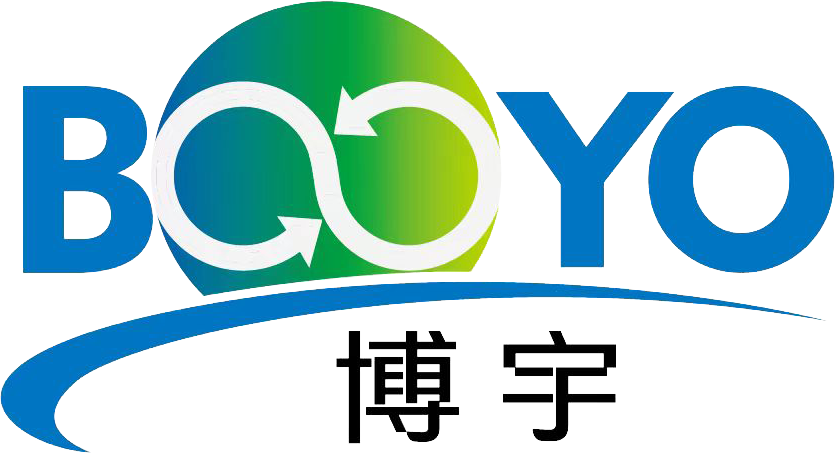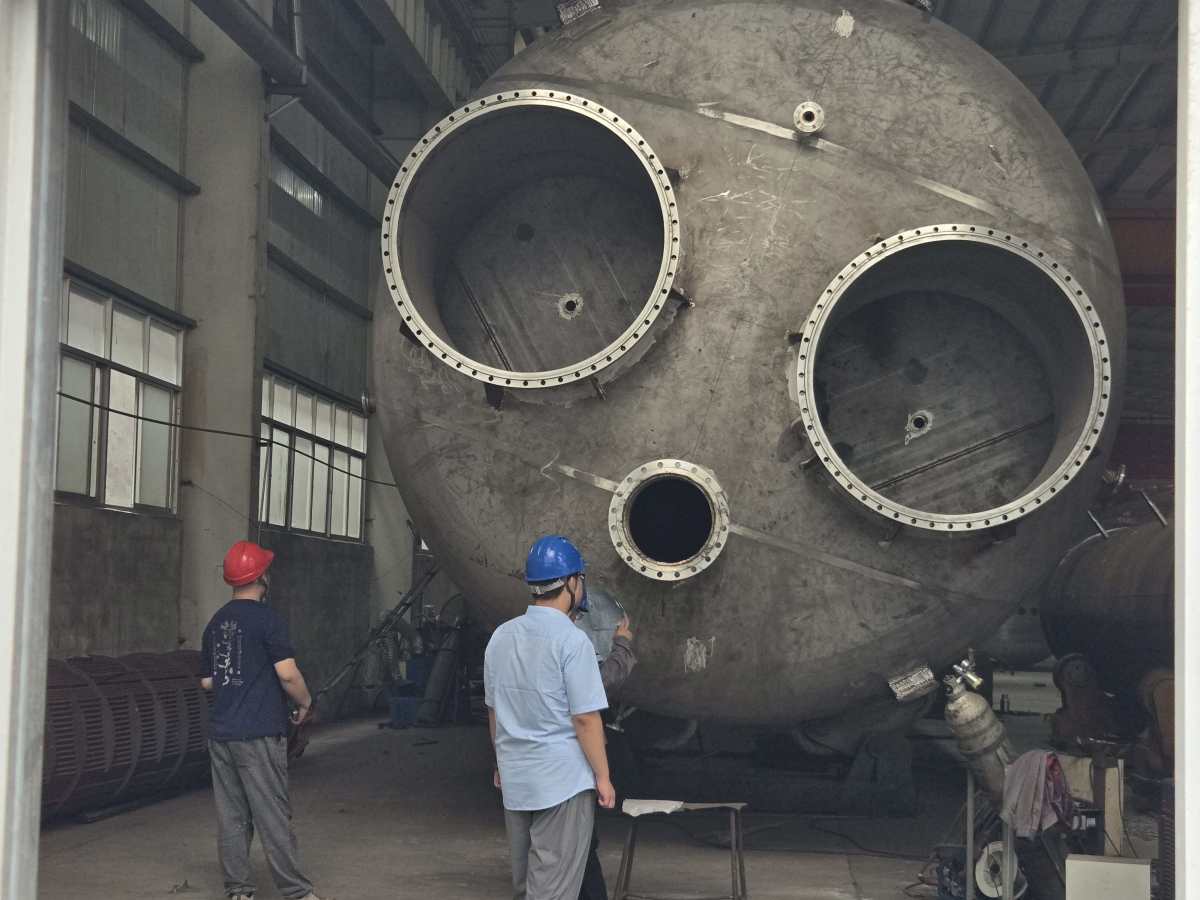
Our News
Find out about our latest news here.
Latest News
- ▶ Spiral Plate Heat Exchanger Manufacturer in China
- ▶ High-Performance Finned Serpentine Tubes for Boiler Economizers and Waste Heat Recovery Systems
- ▶ Why Choose a Chinese Serpentine Tube Supplier?
- ▶ Difference Between High Pressure and Low Pressure Feedwater Heaters in Power Plants
- ▶ Primary Gas Cooler A Tower Successfully Erected
- ▶ Engineered for the First Cooling — Primary Gas Cooler A Tower Installation at JISCO
Message
Equipment Overview
The equipment shown is a large pressure vessel shell with a diameter of approximately 5.0 m, fabricated from ASME SA-516 Gr.70 carbon-manganese steel. The shell thickness ranges from 40–60 mm. Three large flanged nozzles are located on the front head, serving as process connections and manways, with several additional small-bore nozzles reserved for instrumentation and auxiliary piping.
Fabrication Process
Material Inspection
Incoming plates and forgings are re-tested for chemical composition and mechanical properties.
Each batch is supplied with a Mill Test Certificate (MTC) in compliance with ASME Section II.
Rolling and Welding
Plates are rolled using a three-roll bending machine.
Weld seams are designed and executed in accordance with ASME VIII-1 UG-27.
Welding Procedure Specifications (WPS) and Procedure Qualification Records (PQR) have been approved before production.

Nozzle Cutting and Flange Installation
Nozzle openings are cut by CNC machines and beveled to required geometry.
Flanges are fully penetration welded to the shell, with reinforcement pads added when required by design.
Non-Destructive Testing (NDT)
Longitudinal and circumferential seams: 100% Radiographic Testing (RT) / Ultrasonic Testing (UT).
Nozzle-to-shell welds: 100% Magnetic Particle Testing (MT) / Penetrant Testing (PT).
Repaired welds are subject to repeated NDT until fully acceptable.
Post Weld Heat Treatment (PWHT)
Either full or local PWHT is applied depending on thickness and design pressure.
Heating, soaking, and cooling rates are monitored and recorded by thermocouples to ensure compliance with the qualified procedure.
Key Inspection Items
During fabrication, inspection focuses on:
Flange face flatness ≤ 1 mm.
Nozzle center-to-center deviation within ±3 mm.
Weld appearance free of undercut, porosity, or cracks.
Weld reinforcement height controlled at 2–4 mm.
Applications and Significance
Such large pressure vessels are widely applied in:
Coal Chemical Industry: gas coolers, scrubbers.
Petrochemical Industry: hydrocracking reactors, condensers, separators.
Power Industry: boiler economizers, shell-and-tube heat exchanger shells.
As these vessels are designed to operate under high temperature, high pressure, and often corrosive media, every step of fabrication and inspection is directly linked to operational safety and service life.
PROFESSIONAL CONSULTATION
If you are interested in our products and want to know more details, please leave a message here, we will reply you as soon as we can.
